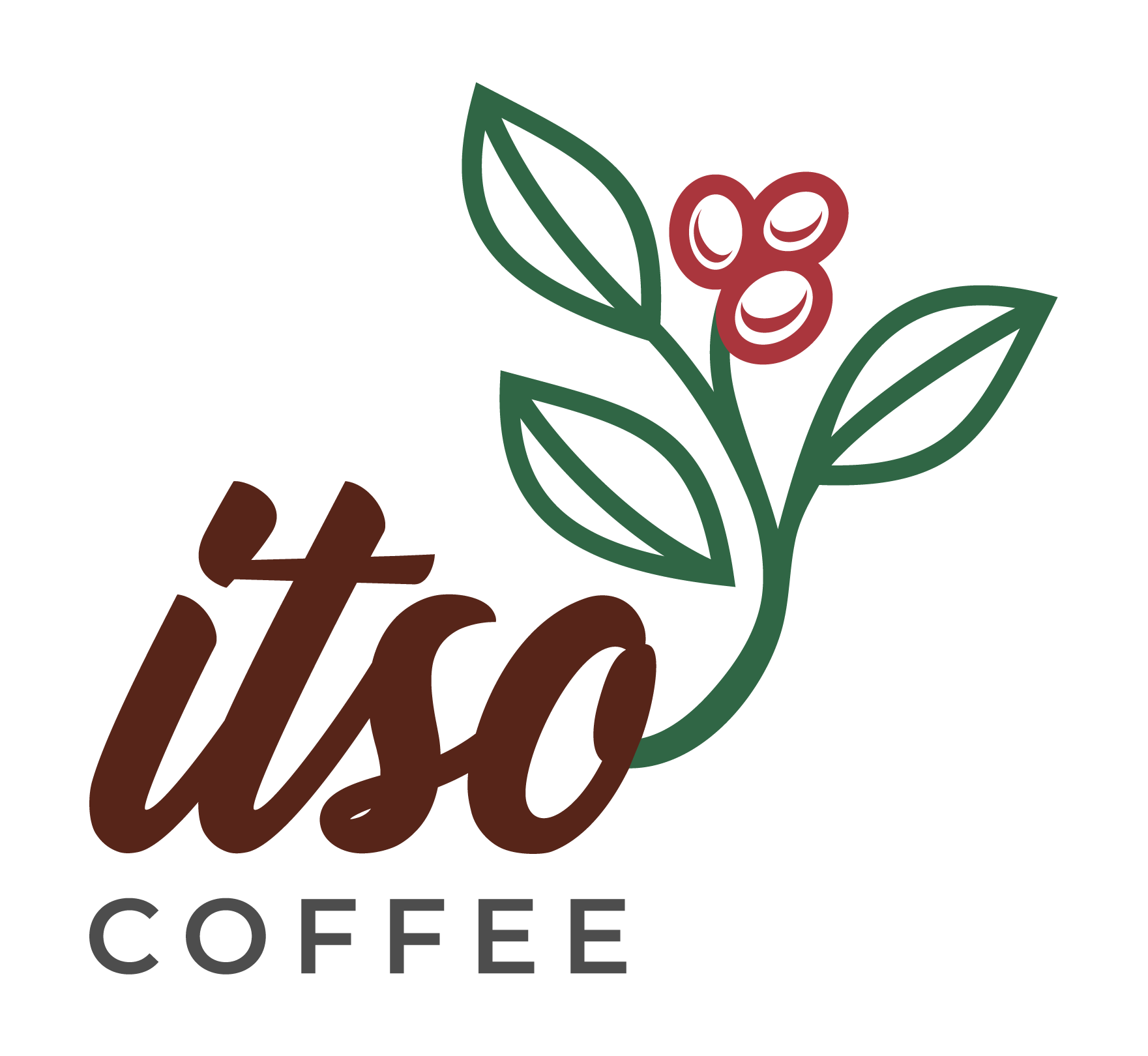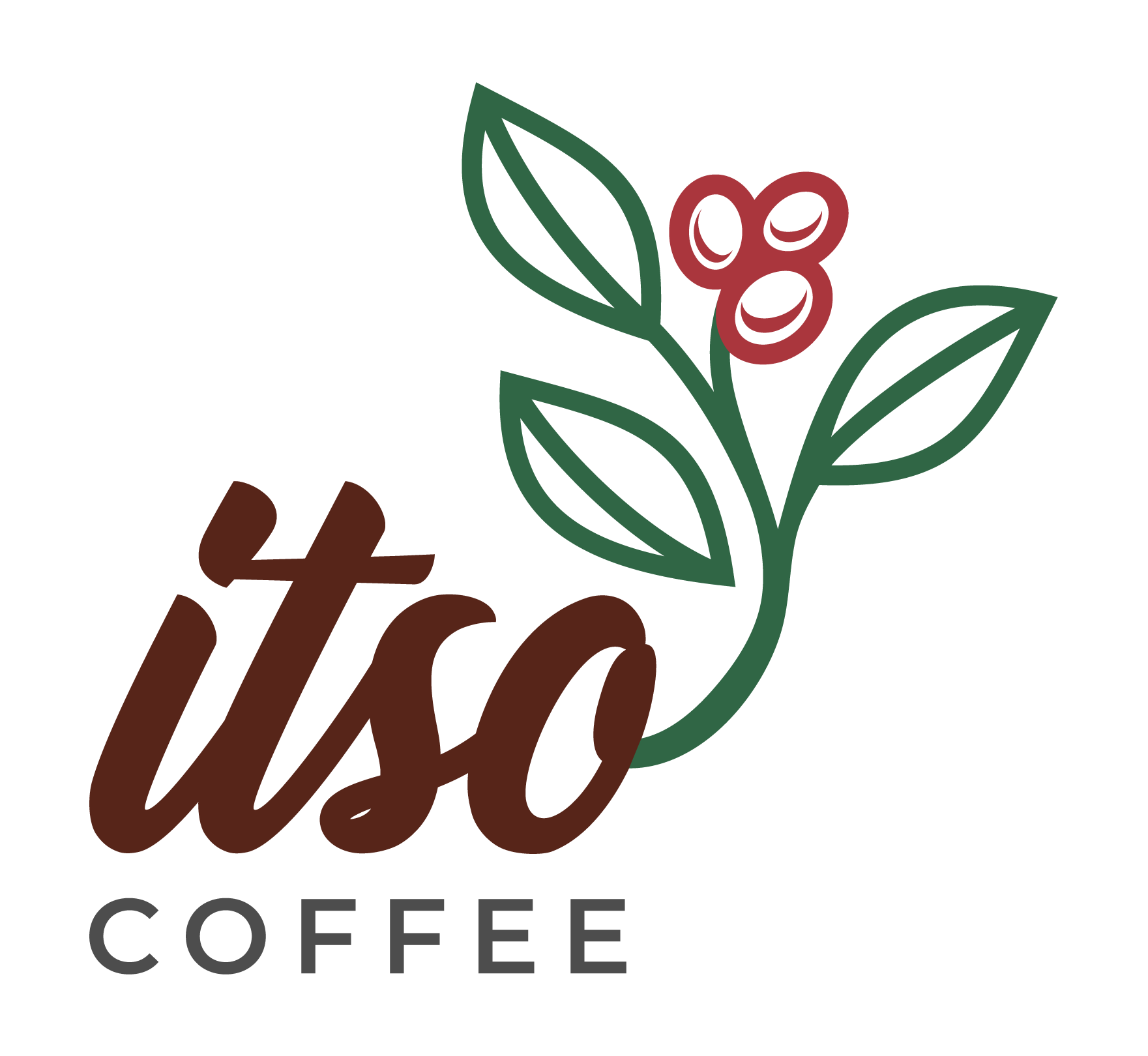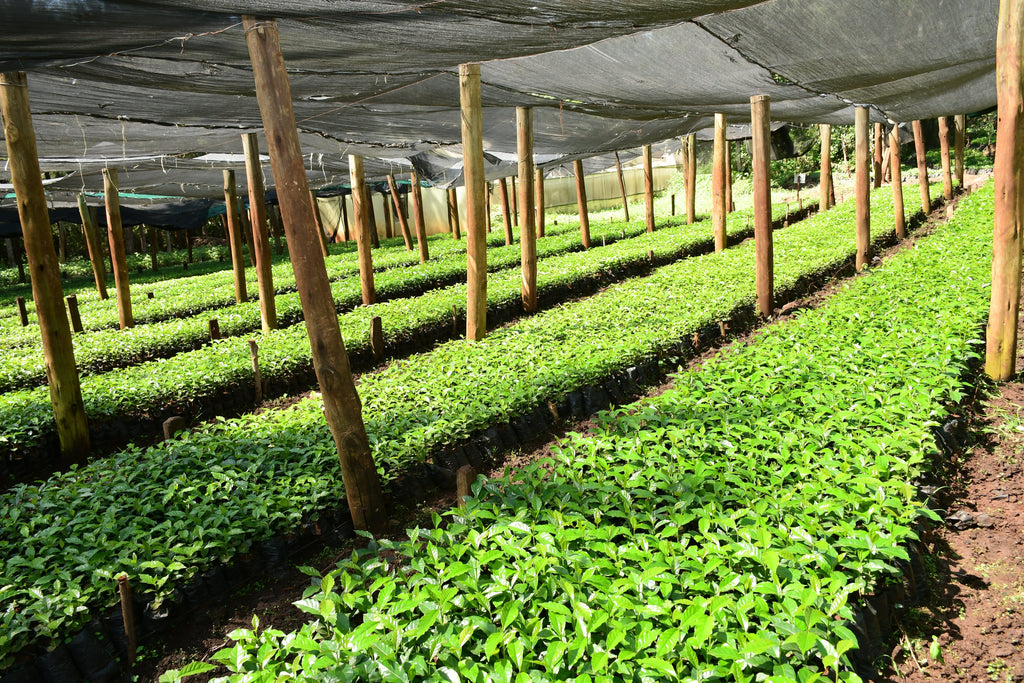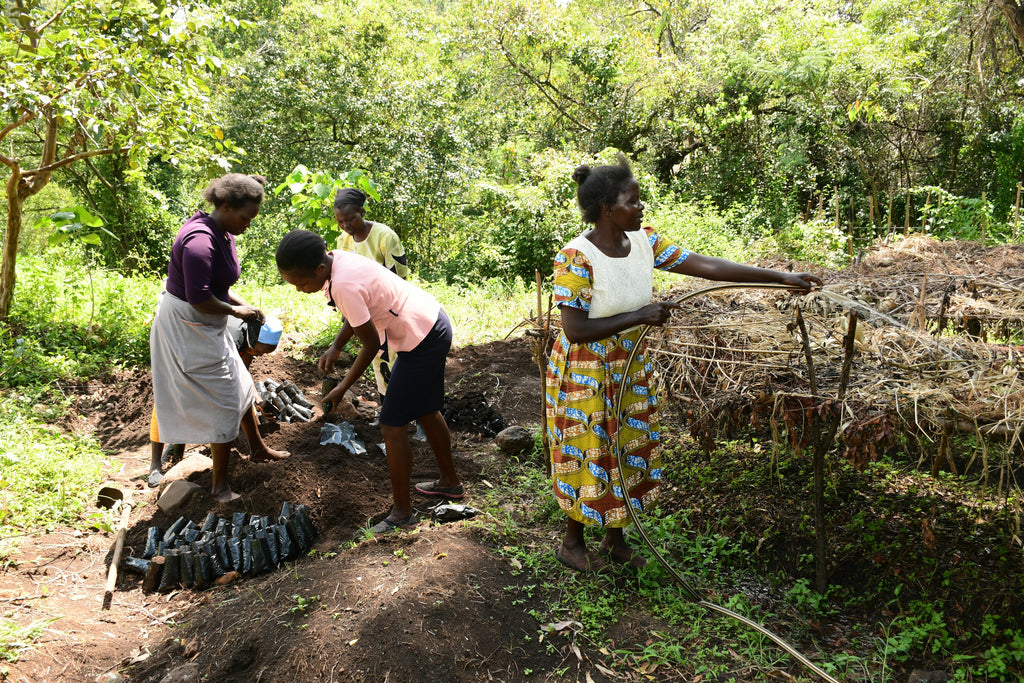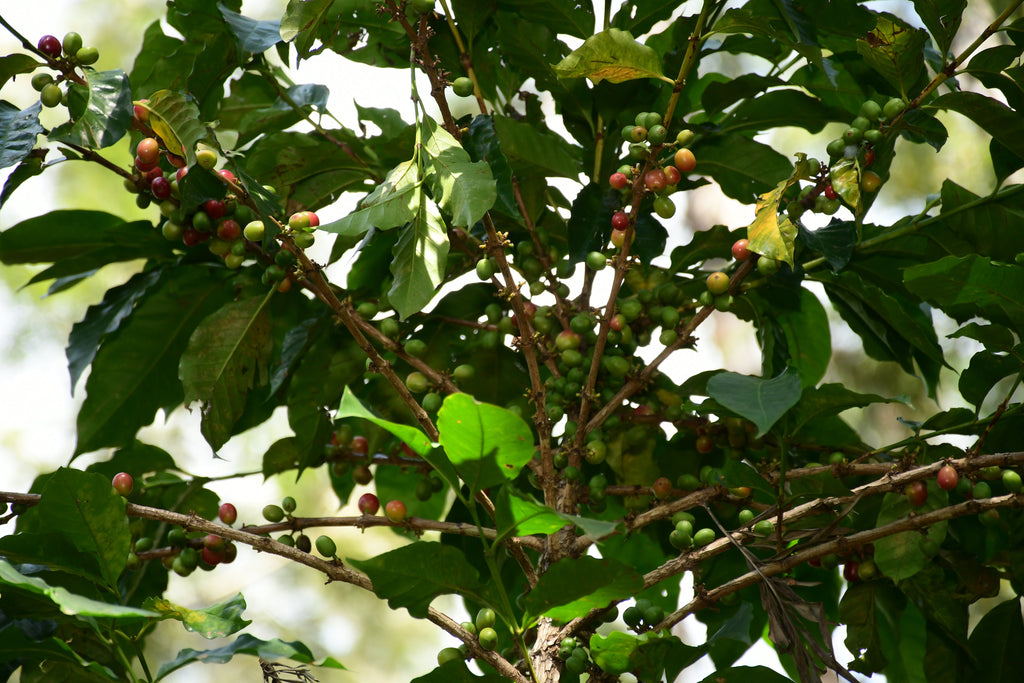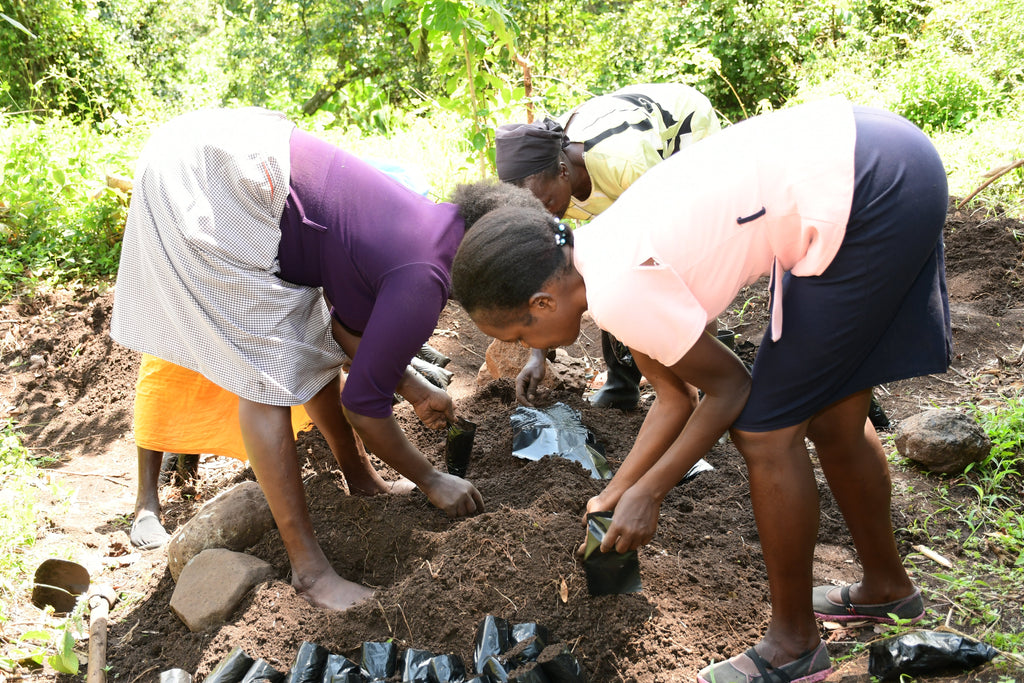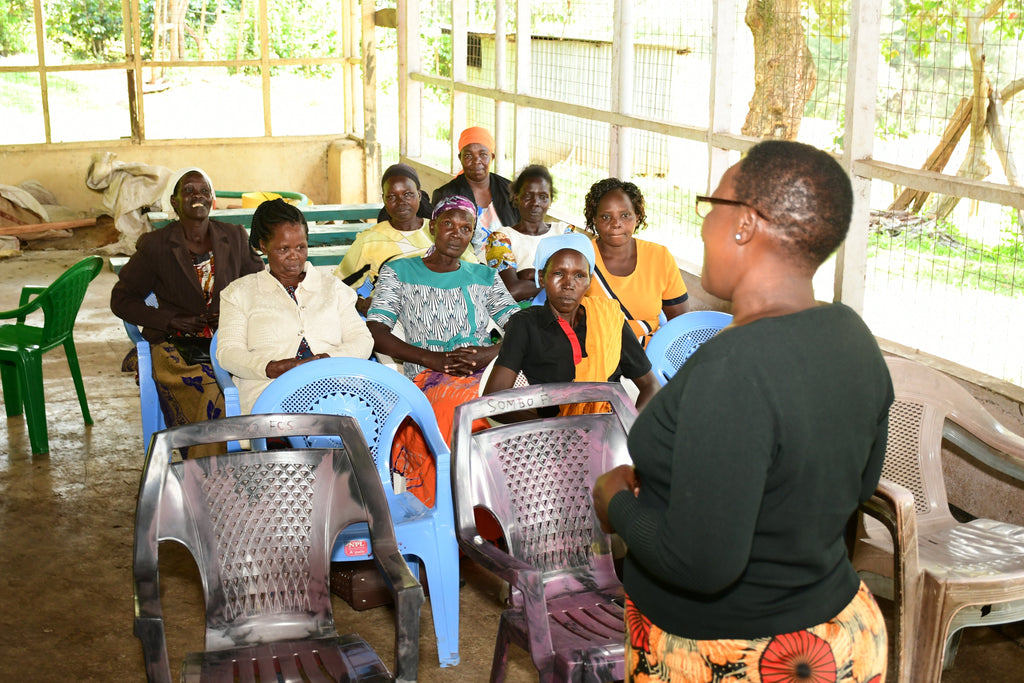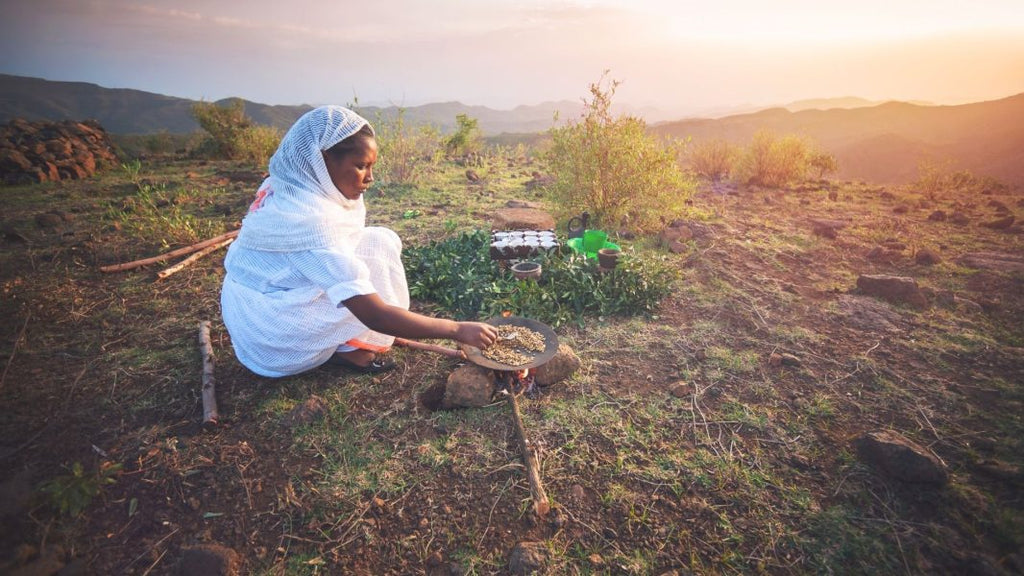
The Rich History of Coffee: From Ancient Ethiopia to Modern Delights

Coffee, the beloved beverage that kickstarts mornings and fuels late-night work sessions, has a rich and fascinating history that spans centuries and continents. From its mythical origins in Ethiopia to its global presence today, coffee has evolved into a cultural phenomenon with deep roots in many societies. Let’s take a journey through the history of coffee and explore how this magical bean became the world's favorite drink.
The Mythical Origins of Coffee

Legend has it that coffee was discovered by an Ethiopian goat herder named Kaldi in the 9th century. Kaldi noticed that his goats became unusually energetic after eating the red berries from a certain tree. Curious, he tried the berries himself and experienced a similar burst of energy. Kaldi shared his discovery with a local monastery, where the monks used the berries to stay awake during long hours of prayer. The knowledge of these energizing berries began to spread.
Coffee Reaches the Arab World

By the 15th century, coffee had made its way to the Arabian Peninsula. It was in Yemen that coffee cultivation and trade truly began. Sufi monasteries in Yemen adopted coffee as an aid for concentration during their long prayers and religious rituals. The beans were roasted and brewed much like they are today, creating a dark, invigorating beverage.
From Yemen, coffee spread to Persia, Egypt, and the Ottoman Empire. By the 16th century, coffee houses known as "qahveh khaneh" started to appear in cities like Mecca, Cairo, and Istanbul. These coffee houses became centres of social activity, where people gathered to drink coffee, listen to music, play chess, and discuss politics and news. The coffee house culture became an integral part of social life in the Arab world.
Coffee Spreads to Europe

European travellers to the Near East brought back stories of the mysterious "black beverage." By the 17th century, coffee had arrived in Europe. Initially met with suspicion and even labelled as the "bitter invention of Satan," coffee eventually won over the hearts of Europeans. The first European coffee house opened in Venice in 1645, and soon after, coffee houses sprang up across the continent in cities like London, Paris, and Vienna.
These European coffee houses, much like their Arab predecessors, became hubs of social interaction and intellectual discourse. They were often referred to as "penny universities" because, for the price of a penny, one could purchase a cup of coffee and engage in stimulating conversation.
Coffee in the New World

Coffee made its way to the Americas in the early 18th century. The French brought coffee plants to the Caribbean, where they thrived in the tropical climate. The coffee trade quickly expanded to Central and South America, regions that would become major coffee producers. Brazil, in particular, emerged as a coffee powerhouse, thanks to its ideal growing conditions and large plantations.
The Rise of Coffee Culture
Throughout the 19th and 20th centuries, coffee continued to grow in popularity and became a staple in households worldwide. Advances in brewing technology, such as the invention of the espresso machine in Italy and the drip coffee maker in the United States, made coffee more accessible and enjoyable.

In the latter half of the 20th century, coffee culture saw a resurgence with the emergence of specialty coffee shops and a focus on high-quality beans. Companies like Starbucks played a significant role in popularizing espresso-based drinks and creating a modern coffee culture that emphasizes experience and craftsmanship.
Coffee Today: A Global Phenomenon

Today, coffee is a global industry worth billions of dollars. It is grown in over 70 countries and enjoyed by millions of people daily. The coffee industry continues to innovate with new brewing methods, sustainable farming practices, and a focus on ethical sourcing.

Specialty coffee shops, third-wave coffee movements, and a growing appreciation for artisanal coffee have elevated the status of coffee from a simple beverage to a sophisticated experience. Coffee has become more than just a drink; it is a symbol of community, creativity, and cultural exchange.
As we enjoy our morning cup or gather with friends at a local café, we are part of a rich tradition that spans cultures and generations. Here's to the journey of coffee and the many stories it continues to brew.
